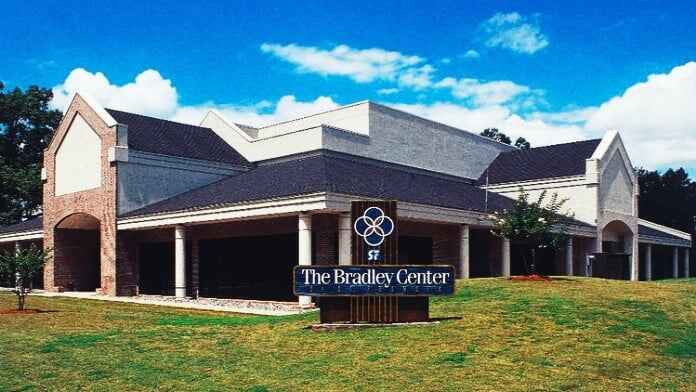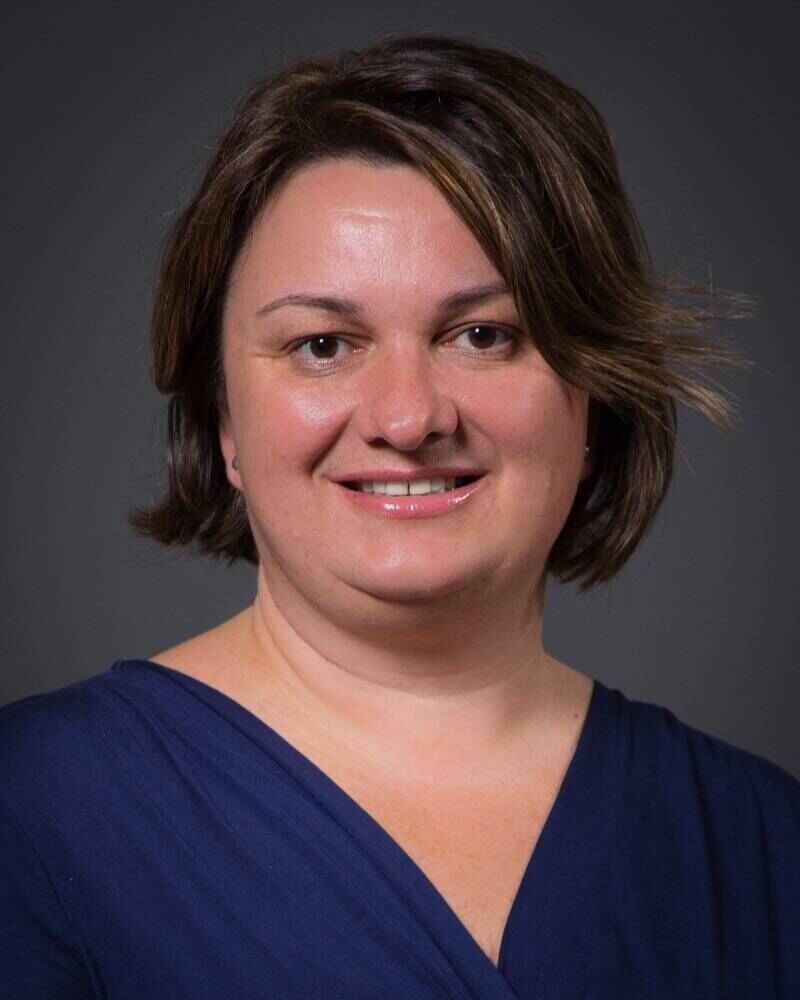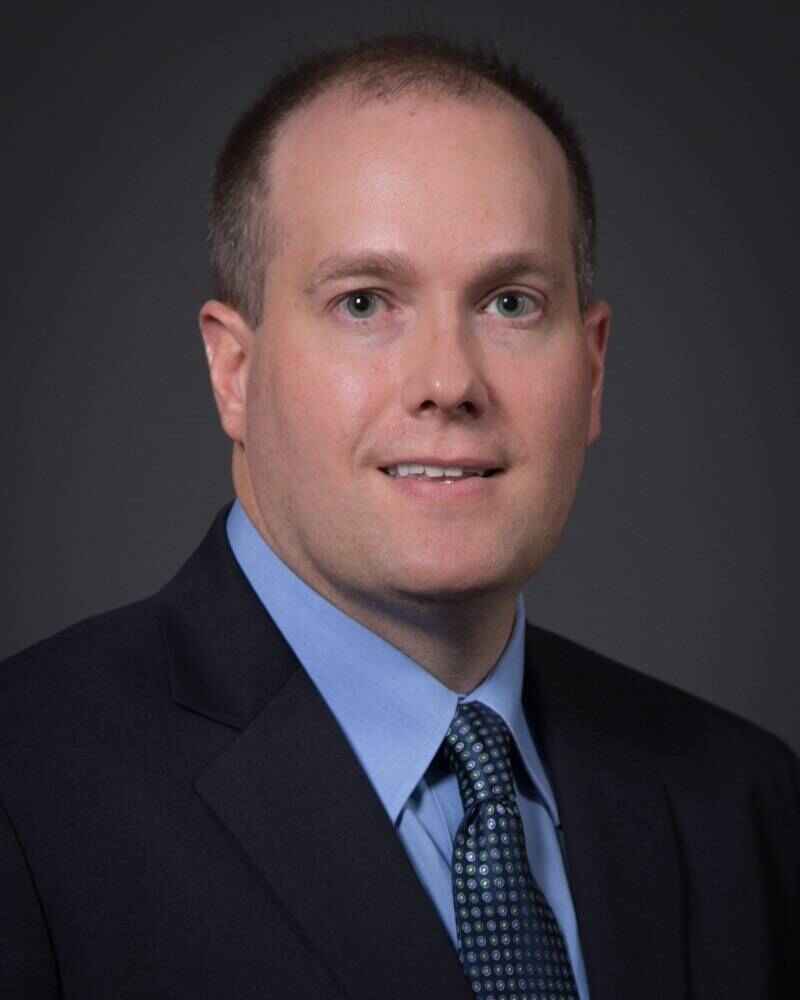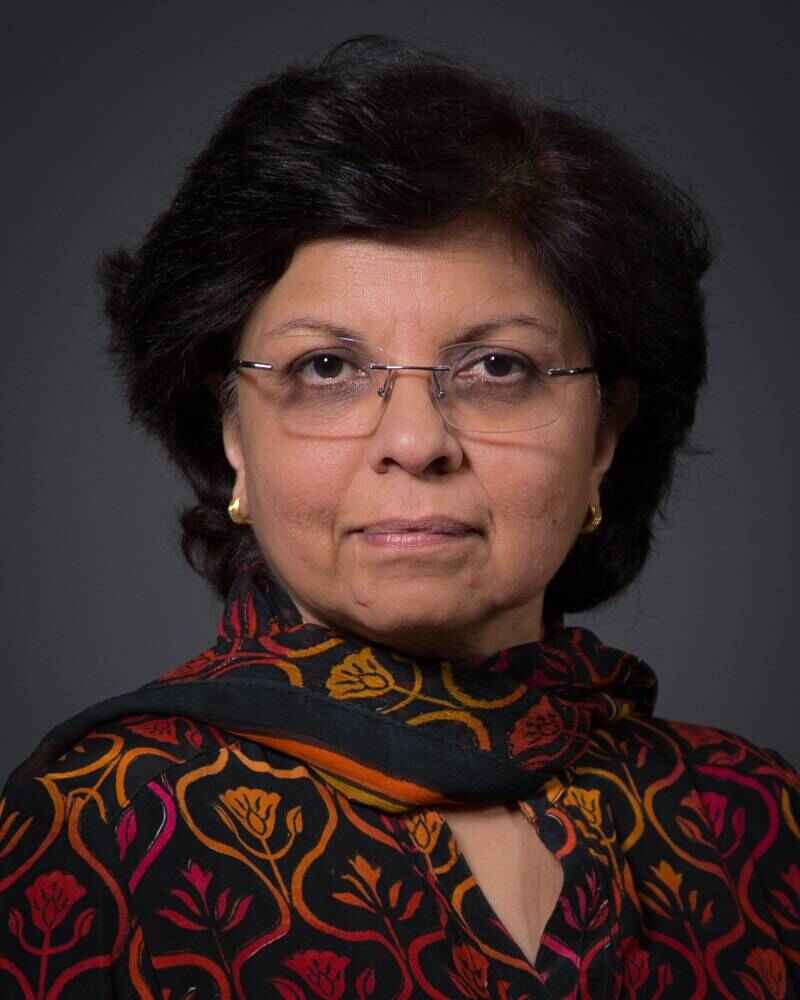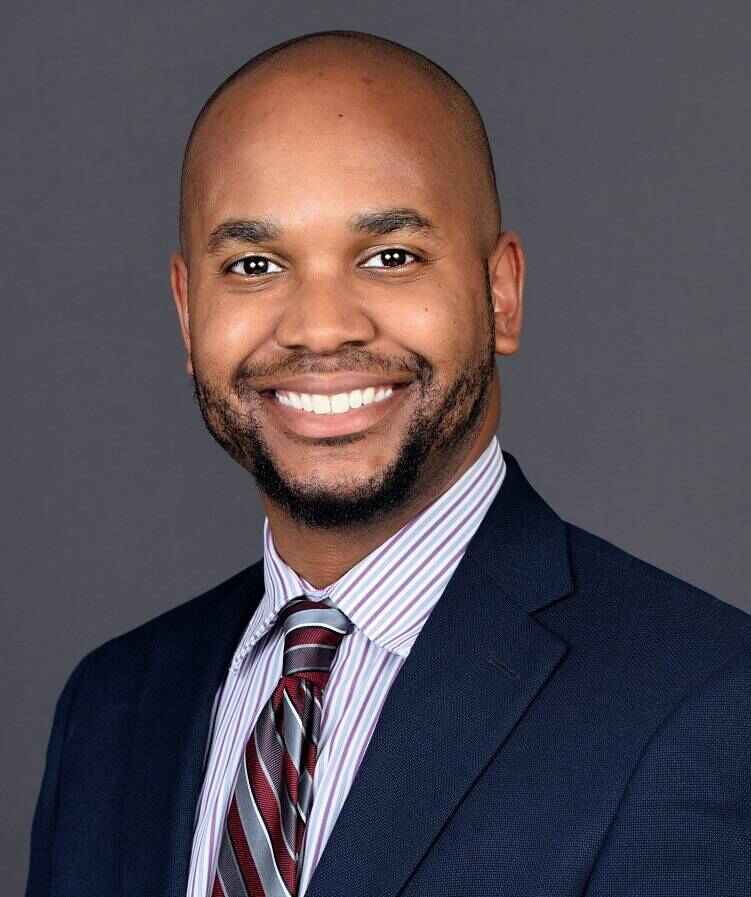About The Bradley Center – Columbus
Saint Francis Hospital is a mental health clinic in Columbus, Georgia, that serves men and women through a wide continuum of care. Their services are for those with mental, behavioral, drug and alcohol addiction, or dual diagnosis.
Saint Francis Hospital offers inpatient, partial hospitalization, dual diagnosis treatment, and outpatient services.
The Bradley Center at St. Francis Hospital provides crisis stabilization at their inpatient unit Inpatient treatment is for those who need mental and physical stabilization. This is a highly structured and monitored style of treatment that often incorporates detoxification into the process. Once stabilization has been achieved, counseling, educational classes, and behavioral approaches to treatment can begin. Common elements of inpatient include individual therapy, group therapy, and at times medication or trauma informed counseling.
Partial Hospitalization is a day treatment program that is highly structured yet allows for the flexibility of returning home in the evening. This program requires that there is no immediate danger that would require inpatient hospitalization. It incorporates clinical treatment practices for addiction, such as medications, individual and group therapy, and trauma related counseling. Evidence based approaches such as Cognitive Behavioral Therapy, Dialectical Behavioral Therapy, and Motivational Interviewing are incorporated into the treatment process.
Outpatient treatment programming is a more flexible approach to addiction treatment that is a step down from Partial Hospitalization programs and Intensive Outpatient Programs. This service provides continued support for addiction recovery through individual therapy, group therapy, and educational classes on addiction and recovery. Medications may be managed, and for those in need, trauma support may also be offered. The goal is to continue to move toward a life of recovery and a suitable aftercare treatment plan that allows for reintegration back into society.
Dual Diagnosis, often referred to as having co-occurring disorders, is when two or more mental health concerns present themselves simultaneously. It is very common for those who struggle with addiction to also have an underlying mental health concern such as anxiety, depression, or a diagnosable psychiatric disorder. Without proper treatment of the mental health issue at hand, getting and staying sober can be difficult. By treating both the substance use disorder and the mental health needs concurrently, a greater chance for long term sobriety is achieved.
